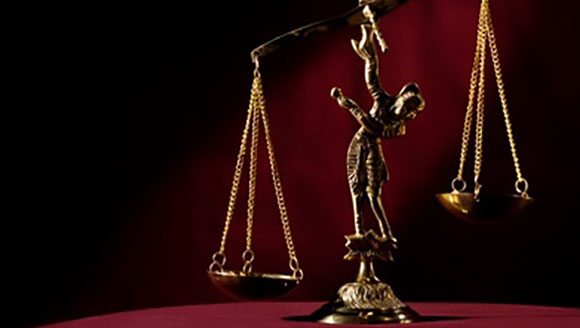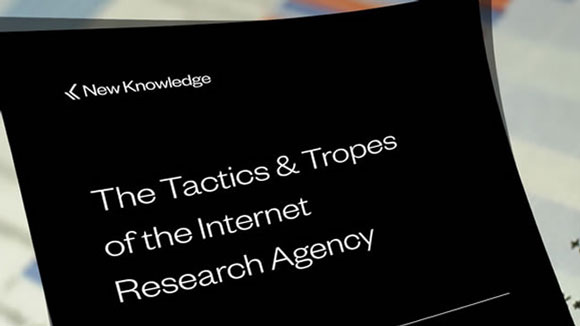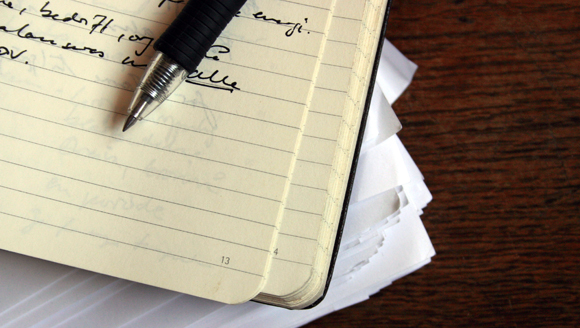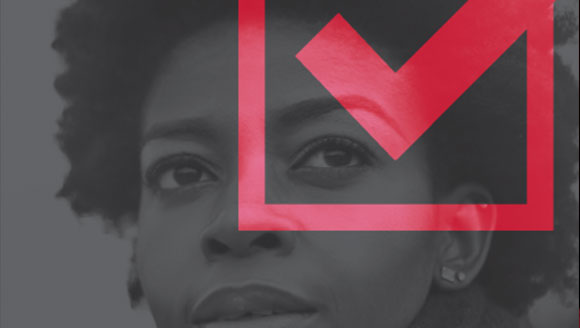Reverend Alvin Herring
Getting to equal means ensuring that all our brothers and sisters have the opportunity to participate civically in state, local, and national elections. Since 1868, Florida’s constitution inserted and enshrined an all-too-common contradiction into one of America’s founding principles: that all her people are created equal. Men and women who strayed from the path but paid their debt to society were not allowed to rejoin it as productive citizens. A felony conviction sentenced formerly incarcerated persons to a lifetime without true freedom and without a voice to support positive change. This disenfranchised community grew and grew. In Florida, this community came to comprise more than 10 percent of the adult population thanks in large part to systemic inequality and oppression, making the pathway to restored citizenship only harder to walk.
Yet as of November 6, 2018, approximately 1.4 million Floridians regained their voting rights following the passage of Amendment 4 and began registering in January of this year. Over a million of our brothers and sisters are no longer captives of their pasts. Over a million citizens can now hold their elected representatives accountable for issues that affect their communities. This mighty blow to an oppressive system was made possible by faith and persistence leveraged in service of the common good.
Faith in Action’s Florida federation, Faith in Florida, played a powerful role in the 2018 midterm elections by engaging communities, through houses of worship, on the importance of passing Amendment 4 and getting voters to the polls. These communities rallied together as their brothers’ and sisters’ keepers with the collective goal of reviving the voice of the legislatively mandated voiceless.
Those who are eligible to vote enjoy one of the greatest rights and privileges of democracy—and they also carry the greatest responsibility of lifting up the least among us. Faith in Florida succeeded because it was able to show congregations what it means to put love thy neighbor into service. Allies across the state embraced their power as community organizers by educating their neighbors, registering them to vote, and taking them to the polls.
Much of these efforts were led by our dear sister Pastor Rhonda Thomas in partnership with our brother Desmond Meade, who founded the Florida Rights Restoration Coalition. Their collective efforts, with the support of their colleagues, engaged hundreds of churches across the state, most of which participated in Souls to the Polls, where Black churches lead their congregations to the polls during early voting opportunities preceding Election Day. This work firmly places our faith communities in a position of allyship with the disenfranchised and downtrodden, which is exactly where they should be.
The Amendment 4 victory is an important but fledgling step on the journey to equal. Now the question is how to best carry this momentum forward.
Faith in Action looks at our mandate through the lens of reexamining our relationship to power, specifically: how we support the aspirations of everyday working people; stand with those who are building power for social change; dismantle negative power; and build power within and among communities.
Our work on Amendment 4 built momentum across all three power dynamics. We helped the powerless reclaim their voice in our society. We struck a blow against the white supremacist power structure that disproportionately disenfranchises people of color, and we worked across faiths and partisan divides to change this unhealthy power dynamic.
To get to equal we have to know the roots of our power. We must look back at lessons from the giants on whose shoulders we stand. The fire that was built by leaders like labor rights activist A. Phillip Randolph, civil rights activist Ella Baker, and our modern-day young leaders like Patrisse Cullors and Phillip Agnew will fuel us through this struggle. Their lessons should awaken our people to this power narrative manifested across our political, economic, and spiritual lives.
To make progress, we have to channel the power embedded in Black culture in America. We have the power to raise up the powerless. Faith in Action is committed to pursuing immigrant justice and addressing additional voting rights disparities. We have the power to dismantle the negative power structures that hold our people back. Faith in Action is working to end mass incarceration and make our economy work for everyone. We can put our power to work in partnership with other vulnerable communities. Faith in Action is part of various coalitions to end gun violence and improve access to health care.
Our mission at Faith in Action is to strive for the common good—to aspire to a day and a place where we live to serve the whole of humanity, not our individual needs and cares alone. Today, that means finding more ways to chip away at a repressive political system—like we did in Florida. It also means building wealth in the Black community so our prosperity can drive us toward equal and using our spirituality to guide this mission.
We must both seize our power—and share it—in order to get to equal. The passage of Amendment 4 illustrated that coalition-building is the greatest threat to the oppressive systems we must overcome. Faith in Action stands ready to link arms with the rest of the Black community and our allies to redefine our relationship with power and justice in America. Last year, when we changed our name from PICO National Network to Faith in Action, we wanted our name to better reflect who we are and what we do. And through faith in action, we’ll work tirelessly to get our people to equal and set captives of the current system free.
“If we truly want to get to equal, we must dismantle the systems that oppress Black communities through political, economic, and spiritual means.”


 Equality Index
Equality Index  Senate Report
Senate Report  2020 SOBA Essays
2020 SOBA Essays  2019 Report
2019 Report 